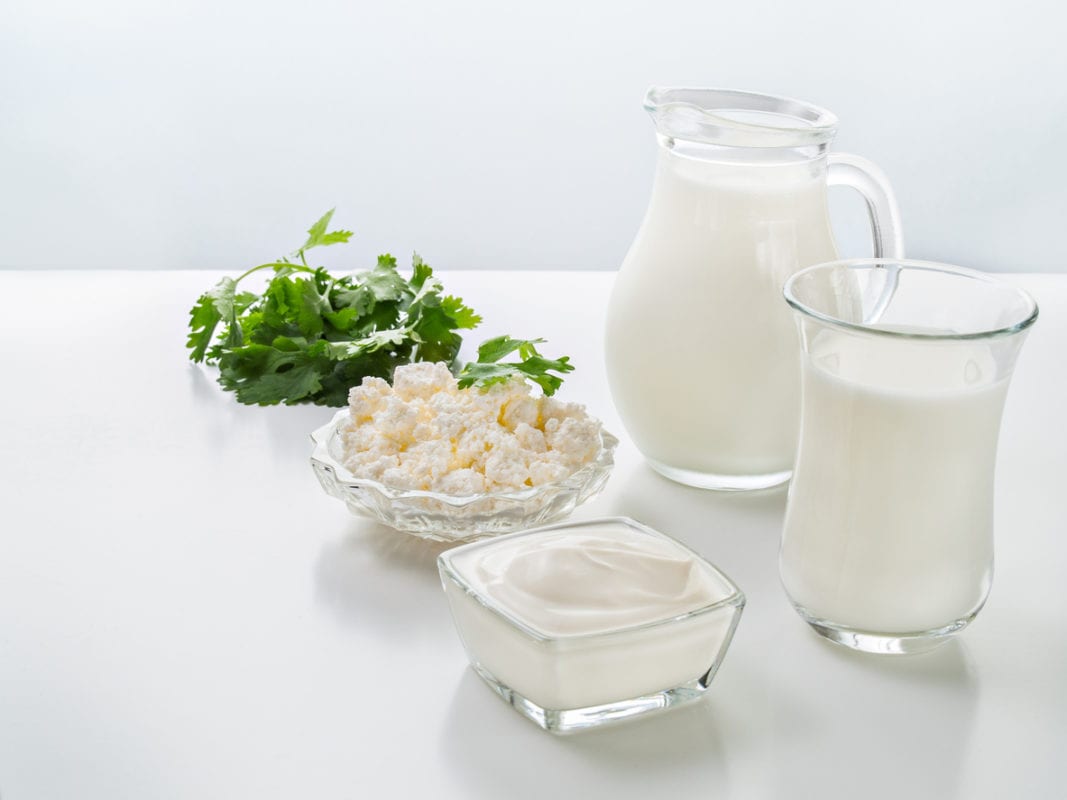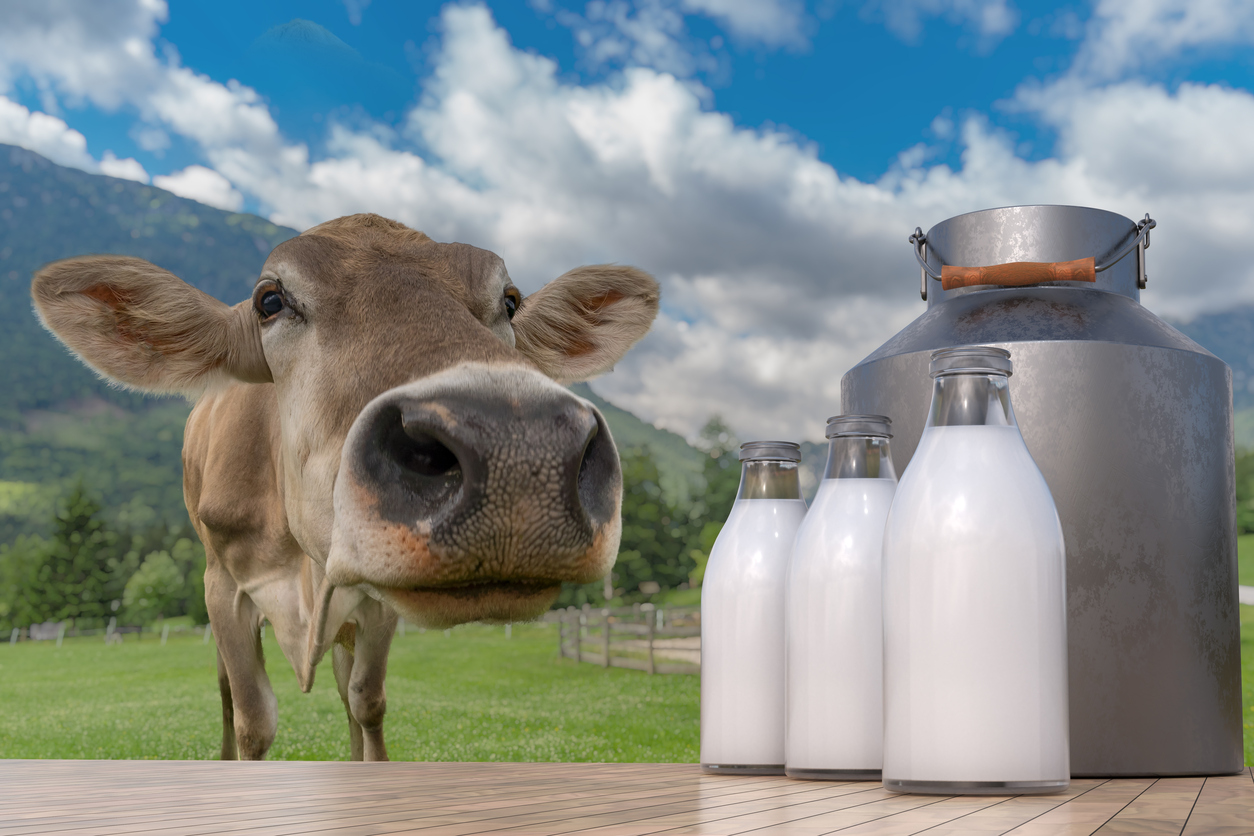Contents
- In a glass of milk – calcium daily norm
- Dairy calcium is better absorbed
- Milk is harmful for adults
- Milk leads to obesity
- Farm milk is better
- Bad milk Allergy
- Sterilized milk is good
- Milk contains antibiotics
- Milk bad for your heart
- Homogenized milk is GMO
- Moore about benefits and harms of milc you may watch in the video below:
Some consider cow’s milk the obligatory superfood in the diet of every person, especially a child, others believe that its use is unnatural. And the truth is always somewhere in the middle. What dairy myths are most popular?
In a glass of milk – calcium daily norm
Milk is a source of calcium, and some believe that a glass of this drink can meet the daily requirement of calcium of an adult. In fact, to make up for the lack of this element in the body, the amount of milk should be about 5-6 glasses a day. Many other products contain much more calcium than milk. These are plant foods and meats.
Dairy calcium is better absorbed
It is important to learn that it is a difficult task to eat less of calcium than a daily norm. From food the calcium enters into insoluble or poorly water soluble compounds, and in the process of digestion most of this important element dissolves. Calcium is well absorbed together with protein, and therefore milk, cheese, sour cream and other dairy products is actually much healthier for the body than other protein-free or low-protein products.
Milk is harmful for adults
It is believed that milk is useful only in childhood. But scientific studies say otherwise. Adults who consume dairy products, have stronger immune system. Milk nourishes the body with vitamins and microelements, calcium, which is very important for elderly peoople.
Milk leads to obesity
Milk can be excluded from the diet, believing that its use leads to obesity. Of course, the heavy cream, sour cream and butter in unlimited quantities certainly will contribute to weight gain, but if you choose milk, yogurt, and cottage cheese with low fat, that obesity does not threaten you.
Farm milk is better
Fresh milk, which is sold on the market is actually nutritious and beneficial, however, you should not forget that there are a lot of pathogens, which rapidly multiplies with each passing hour. Safer milk from a trusted supplier that conducts proper pasteurization at a temperature of 76-78 degrees and keeps all the nutrients and trace elements.
Bad milk Allergy
An Allergy can occur because of even the most useful products. Regarding milk it was found that there is individual lactose intolerance or hypersensitivity to milk proteins. On store shelves there is a large selection of lactose-free dairy products, and people suffering from this disease can also eat dairy products.
Sterilized milk is good
During pasteurization milk is processed at a temperature of 65 degrees for 30 minutes, 75-79 degrees for 15 to 40 seconds, or 86 degrees for 8-10 seconds. It is safe for human health, but retains lactic acid bacteria and vitamins. While sterilization all the nutrients of milk are being lost as it is heated to a temperature up to 120-130 or 130-150 degrees for half an hour.
Milk contains antibiotics
In the production of milk used different preservatives, but no antibiotics. Therefore, it is no more than popular fiction. Any dairy laboratory controlling the quality of products would recognize it immediately.
Milk bad for your heart
It is believed that milk proteins casein destroys the walls of blood vessels. However, everything is exact opposite – they inhibit the development of atherosclerosis. Eminent nutritionists recommend milk diet for all who suffer from diseases of the heart and blood vessels.
Homogenized milk is GMO
Homogenized means “homogeneous” and not genetically modified. For milk not to stratify and not to split into fats and whey – the homogenizer is being used, that is to break fat into smaller particles and mixed.












